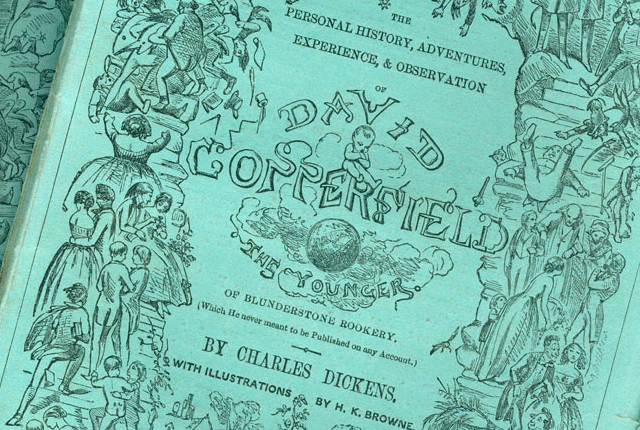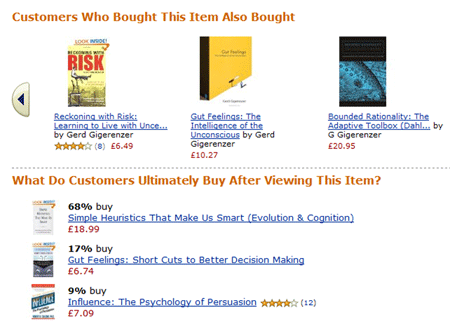When browsing through books on Amazon or Smashwords it is pretty striking that so many more books have subtitles these days. Why is that? Six reasons halfway to explaining this trend.
1. A self-published book has to explain itself
While bestselling books by authors we know come on reputation, such as “The Goldfinch” by Donna Tartt (could be about birds, actually is about the life of a boy with PTSD) or “Big Brother” by Lionel Shriver (could be about politics, is actually about morbid obesity), it is more difficult to make a new reader stop and read your synopsis if you are unknown.
2. Amazon algorithms mean it is advantageous to add a subtitle
Amazon is a search engine, and therefore SEO techniques web developers use with Google Search also work with Amazon – to a certain extent. When choosing a title for your self-published book, you can type up to seven keywords into Amazon’s search bar to see which keywords work best to help sell your book. This means that adding a subtitle improves the “searchability” of your book, that is, what your book is about is more obvious to Amazon, and will appear in more refined searches to more people interested in your sort of book.
Let’s take the example of “Cooking For Friends”, an imaginary book.
I’m a customer, and I want to buy a book on cooking three course meals for my friends. Your book is all about cooking three course meals, but I don’t know that from your title.
Let’s say you have a subtitle, ” Cooking For Friends : Easy three course meals you can cook in an hour”
Now when I search, I can search for ” three course meals”, and your book will come up, even if I didn’t search for “Cooking For Friends”.
There’s a great article here at The Future O Fink on how to employ these techniques.
3. It’s become a bad habit in self-publishing culture
In the dark old days of vanity publishing, subtitles were common because the memoir format, classically, is subtitled, for example, “The Lost Summer: A Personal Memoir of F. Scott Fitzgerald“, one of the reasons being that many of these authors were prolific and had several memoirs. Even fake memoirs, such as David Copperfield by Dickens has a subtitle – here’s The Guardian’s top picks. So when vanity writers came into the picture, it seemed the thing to do, and as a result many, many books that really didn’t need a subtitle ended up with a great long explanatory sentence on the cover of the book. This article from Book Marketing Maven gives a heads-up on this process.
There are great disadvantages to a subtitle in the digital age. Mainly, the ability of a book title to fit onto a web page. Imagine when I am faced with a two-sentence title, let’s say “Stricken – The Mystery of the Dawning Ocean” followed by “Book One of the Poseidon Trilogy by Penelope Sanchez-Miller” . This is how it would look on SPR:
So two massive lines and a massive URL. It’s a matter of taste, but to me it looks overcooked and takes up an inch of space on the page. In a list, it’s going to be all title and no description, especially when there is a word limit per article. Do we need to know it’s Book One until the others come out? Maybe it’s an advantage when the books are released as a series, as clever pricing and marketing can help you sell well, as bestselling self-published author Kate Danley discusses in this podcast with SPR:
4. Authors don’t believe in the title they gave their book
You can’t rescue your bad title with a good subtitle. This will only show up how bad your title is. Change the title even if you have an emotional attachment to it. “Bang Bang! A Writer’s Guide to Catchy Slogans” undermines itself. Just get rid of the silly title and use the subtitle as a title. “A Writer’s Guide to Catchy Slogans” is a fine title on its own and requires no explanation.
5. Authors are nervous that they haven’t done enough to explain their book to shoppers
Yes, we are all nervous that our self-published book will be lost in the sea of Amazon non-starters given people shop like goldfish. But if you are nervous about your title, why is that? Question yourself. Ask friends. Does this book say what it is about without the subtitle? Does the cover help explain the content? Maybe you don’t need the subtitle. Maybe you need to change the title. Maybe your cover is wrong. Recently, I have reviewed a book about war and violence that had a romantic cover and did nothing to explain its interior. Another was so badly made that it didn’t even matter what the content was – nobody was going to buy it based on the look of it. If you edit well, design well and do your research there is no reason to be nervous about your work. Put another way, it’s not just down to a subtitle to sell your book.
6. Nobody advised them otherwise
Unfortunately many authors don’t listen to colleagues, editors or friends about their work before publishing. This causes many books to be underchecked and based on one person’s opinion, rather than any balanced opinion. There are groups on websites like Goodreads to find Beta Readers, as well as our SPR Review Circle service, where you can add your book to offer readers a chance to give you feedback. Alternatively you can seek an editing service to get feedback before you publish.
What do you think of subtitling books? How has it affected your sales? Add your opinions below.
Get an Editorial Review | Get Amazon Sales & Reviews | Get Edited | Get Beta Readers | Enter the SPR Book Awards | Other Marketing Services

























Leave A Comment